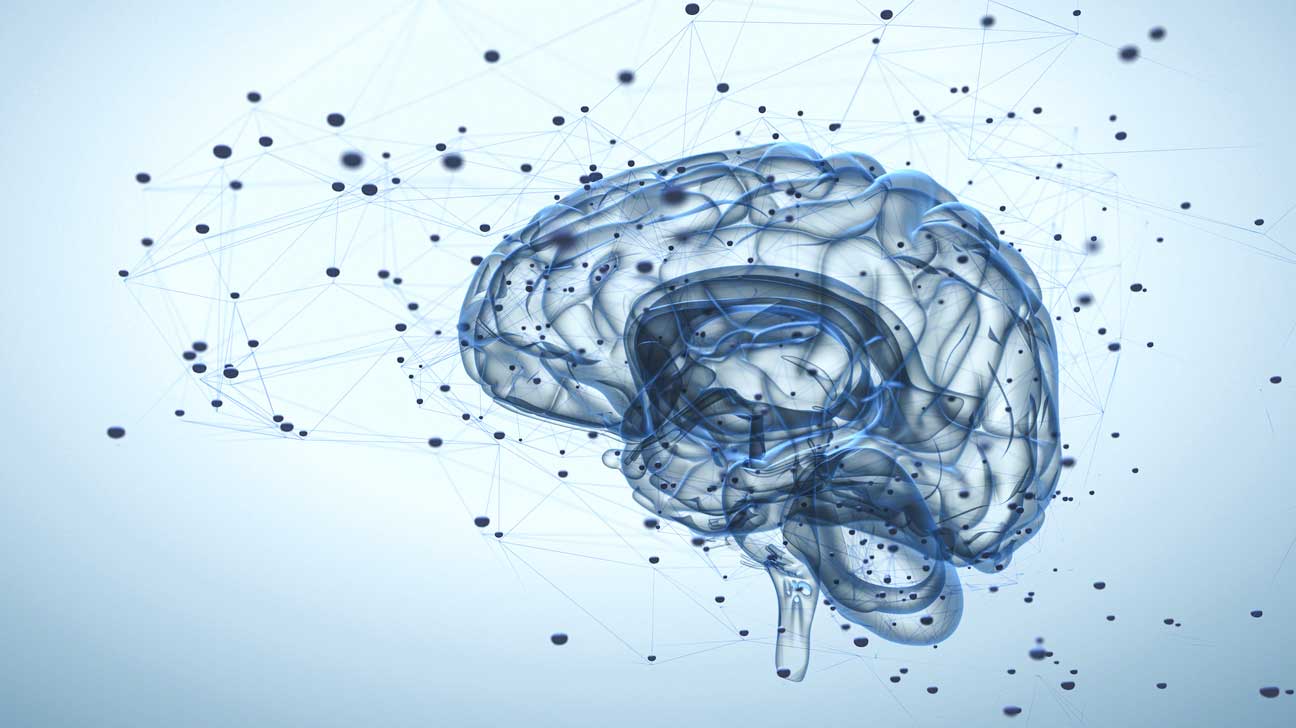The Brain Drain
by Emily Zacherle.
Just as we rely on dumptrucks to remove trash taken from our homes and businesses, the human brain relies on a sort of garbage disposal system to remove waste and prevent ‘clutter.’ Waste removal in both the brain and the rest of the body is an essential biological process that aids in proper function and prevention of certain health consequences.
For the rest of the body, the lymphatic system is responsible for clearing waste by producing a fluid called lymph, which contains white blood cells that removes excess plasma, dead blood cells, debris, waste and other by-products from every organ and part of the body. But what about the brain, is it different? The answer is YES. The brain contains cerebrospinal fluid which flows along the outside of blood vessels through a sort of ‘piping system.’ Fluid passes through intercellular spaces, picking up waste along the way. Within these channels, fluid and waste accumulated between cells either returns to the brain (recycling), enters the blood stream or eventually drains into the lymphatic system. This maintenance system is called the glymphatic system and in summary, is primarily responsible for flushing waste out of the human brain.
So what exactly is this waste and what breaks it down? Proteins, the building blocks and primary structural components that make up cells, can negatively impact proper cell function and ultimately lead to health issues when damaged or produced in excess. To keep the brain neat and tidy, effective waste processing is required. Proteasomes play a major role in this process, breaking down proteins into smaller molecules, which can then be reused to make new proteins. So you can think of a proteasome as both a recycler and disposal system. Additionally, when organelles (tiny cell organs) become old and worn out, lysosomes are responsible for digesting unwanted organelles, but also unwanted proteins, bacteria and other by-products. For the most part, proteasomes and lysosomes are responsible for this waste disposal, although other processes also play a role. The human body is pretty phenomenal, right?
Translating all of this information into health and disease, any malfunction in this system has the potential to lead to unwanted health consequences. For instance, Alzheimer’s involves both the accumulation of misfolded proteins within and around nerve cells and an ineffective waste disposal system. Synuclein proteins that are evident in Parkinson’s, Lewy body disease and multisystem atrophy, could accumulate if the glymphatic system were to function abnormally. While this relationship between waste removal and disease is not completely understood, some research has shown that speeding up this system could potentially slow down neurodegenerative disease processes.
The list of health consequences potentially affected by the glymphatic system could go on and on, but the question remains, can we positively influence the brain’s efficiency in removing waste? Interestingly, the glymphatic system is active primarily during sleep, removing the byproducts produced during wakeful hours. We’ve always been told how important sleep and more importantly sleep quality is, but who knew it had the potential to be a key player in our brain’s garbage disposal system? Perhaps we really should be getting those 8 hours of sleep each night we are always hearing about.
Stay tuned next week for more specific information on how sleep plays a role in brain waste removal….
The above information was adapted from the following websites, articles, and sources within each:
Dance A. Cellular garbage disposals clean up. Located at: https://www.livescience.com/31966-cells-garbage-disposal-crucial-processes-nigms.html.
Costandi M. How to optimize your brain’s waste disposal system. Located at: https://www.theguardian.com/science/neurophilosophy/2015/aug/22/how-to-optimise-your-brains-waste-disposal-system.
NIH. How sleep clears the brain. Located at: https://www.nih.gov/news-events/nih-research-matters/how-sleep-clears-brain.
Yuhas D. Brain’s drain: neuroscientists discover cranial cleansing system. Located at: https://www.scientificamerican.com/article/brain-cleaning-discovery/.
Nedergaard M and Goldman SA. Brain drain. Sci Am. 2016 Mar, 314(3):44-49. Located at: https://www.ncbi.nlm.nih.gov/pmc/articles/PMC5347443/
NIH. Speeding up brain’s waste disposal may slow down neurodegenerative diseases. Located at: https://www.nih.gov/news-events/news-releases/speeding-brains-waste-disposal-may-slow-down-neurodegenerative-diseases

